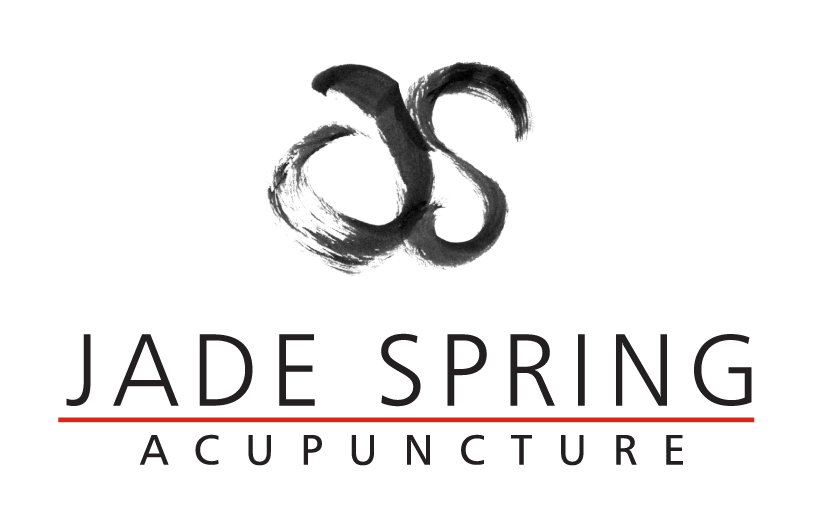Chinese medicine for chronic inflammation
Acute vs. chronic inflammation
The signs of acute inflammation are easy to spot: We know that swelling, redness, warmth and pain after an injury are manifestations of increased blood flow and immune activity to help heal the injured tissue.
Much harder to detect is chronic inflammation, which can contribute to many serious health conditions such as arthritis, heart disease, fatigue, and autoimmune disorders.Sometimes there are no obvious symptoms of inflammation, but blood work will detect markers such as C-reactive protein which indicate that there is a problem.When there are symptoms, they might include frequent infections, joint pain, digestive issues, skin conditions and generally feeling unwell.
Even low-grade inflammation when it is long term can have negative impacts on our health and can gradually damage tissues and organs, potentially leading to chronic illness. It is important to address chronic inflammation early, and there are several natural ways to help reduce inflammation in the body.
Lifestyle changes
We are all aware of the benefits of a whole food diet rich in fiber, fruits, vegetables, and good fats. And adding foods withOmega-3 fatty acids, such as salmon, sardines, flax seeds or olive oil are great for reducing inflammation. Additionally,avoiding processed foods, “bad fats” and sugars,can significantly reduce chronic inflammation. Stress management is another critical factor, as chronic stress can activate immune cells and exacerbate inflammation.
Treatment options for inflammation
Acupuncture and Chinese herbal medicine together or on their own are very effective treatment options. Acupuncture has been shown to decrease pro-inflammatory cytokines while increasing anti-inflammatory cytokines. And Chinese herbal medicine uses many herbs that can reduce inflammation, most notably turmeric which has been used for centuries.
We know from modern research that the active inflammatory-reducing compound in turmeric is the antioxidant curcumin. While it can be included in the diet, it may be necessary to take curcumin as a supplement to effectively treat chronic inflammation. I carry a great supplement by the Chinese herbal companyHealth Concerns, called Curcuma Flow, which many of my clients find very effective.
Health Concerns product information
"Daily Curcuma Flow has been shown in clinical studies to reduce joint pain and stiffness, improve bone, eye, circulatory, nerve, prostate and muscle health. Biochemically daily Curcuma Flow downregulates the expression of inflammatory cytokines and has also been found to inhibit inflammatory markers such as COX-2, CRP, TNF-Alpha, IL-1Beta, (IL 1RN), and IL 6. Curcumin has been found to elevate antioxidant biomarkers including glutathione, Vitamin C, E, catalase, superoxide dismutase.
According to Natural Medicines Comprehensive Database, curcumin is effective for elevated cholesterol and triglycerides, osteoarthritis, pruritus (itching). Additional research suggests curcumin may be effective for Alzheimer disease, uveitis, Crohn's disease, depression, diabetes, H. Pylori infection, IBS, Rheumatoid Arthritis, Lupus, surgical recovery, radiation mucositis, and has an adjuvant treatment for prostate and skin cancer and decrease the risk of heart attack after coronary artery surgery. …
Is it safe long term, what is the optimal dosage?
Curcuma Flow is safe long term and has been used in clinical studies for up to 18 months. As it takes up to three hours to achieve its maximum blood level, it's best to take the formula 500-2,000 mg twice per day with food. For pain management it may be best to take the formula three times per day. Curcuma Flow is well tolerated and can be used continuously for long periods and is compatible with NSAIDs and other pain medications, and nutrient combinations.”



